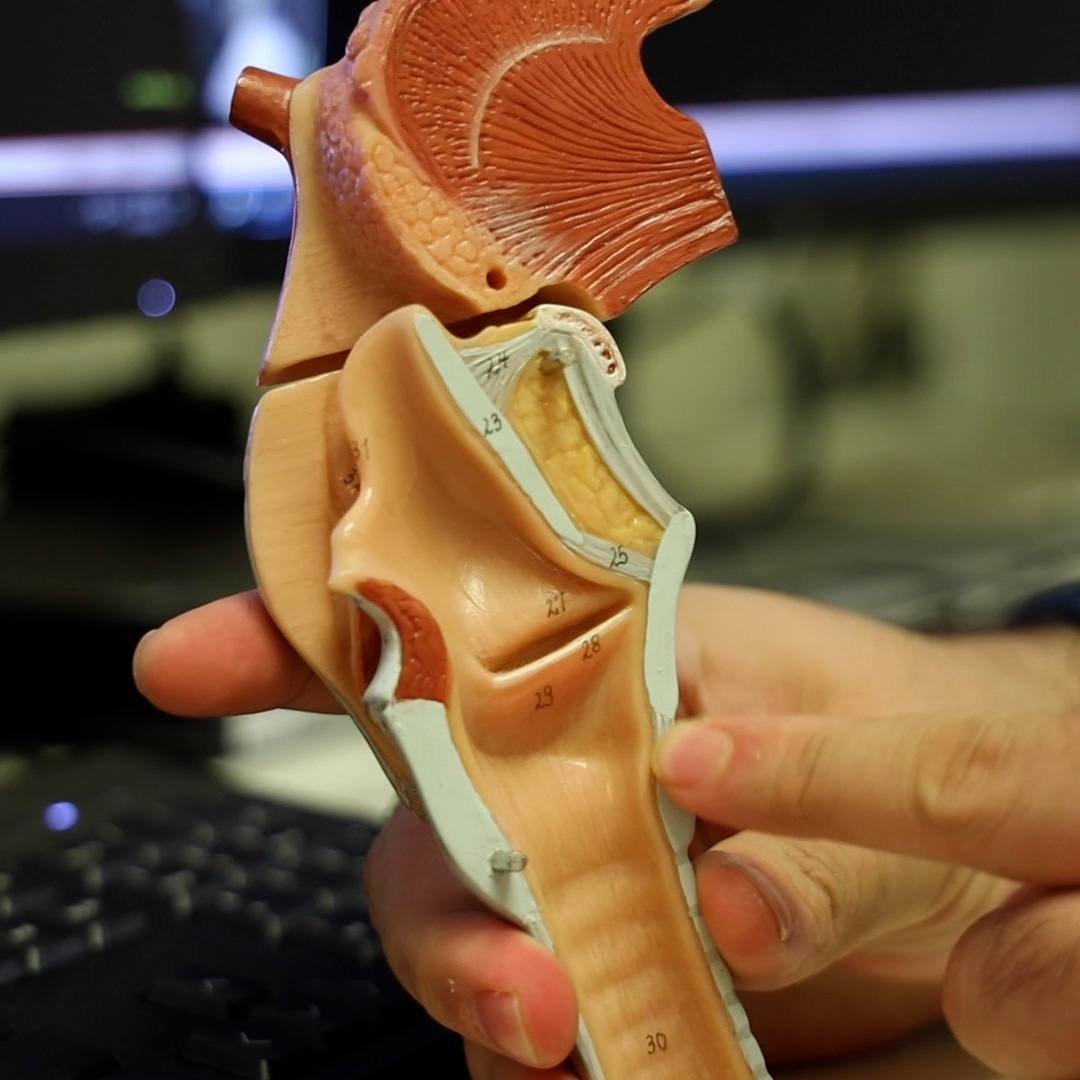-
Featured News
Science Saturday: Mayo guidelines cut some opioid prescriptions by half
researchers are studying the clinic’s opioid prescribing practices after surgery, discovering areas for improvement based on that evidence, and applying it to optimize care for individual patients. The result in the Mayo Clinic Department of Orthopedic Surgery is a 48 percent reduction in the amount of opioids prescribed for hip and knee replacement surgery. The team also noted that the prescription refill rate remained the same. The research was published recently in Clinical Orthopaedics and Related Research.
“These findings show that simply creating and adhering to procedure-specific opioid prescribing guidelines based on scientific research can yield significant results,” says lead author Cody Wyles, M.D., a Mayo Clinic orthopedic surgical resident.
The work to refine opioid prescriptions post-surgery began with a collaborative effort among Mayo Clinic physicians, pharmacists, pain medicine specialists, nurses and research scientists in the Mayo Clinic Robert D. and Patricia E. Kern Center for the Science of Health Care Delivery. The cross-specialty research team looked at opioid prescriptions written at Mayo Clinic for 25 common surgeries, and found areas for improvement. To address the issues, the team created opioid prescribing guidelines for the common surgeries, which were first implemented by the Department of Orthopedic Surgery. Read the rest of the article on Advancing the Science.
_________________________________________________
Other Mayo Clinic medical research websites:
- Research at Mayo Clinic
- Discovery’s Edge
- Advancing the Science
- Forefront
- Mayo Clinic Center for Individualized Medicine
- Mayo Clinic Center for Innovation
- Center for Regenerative Medicine
- Center for the Science of Health Care Delivery
Related Articles








 Mayo Clinic
Mayo Clinic